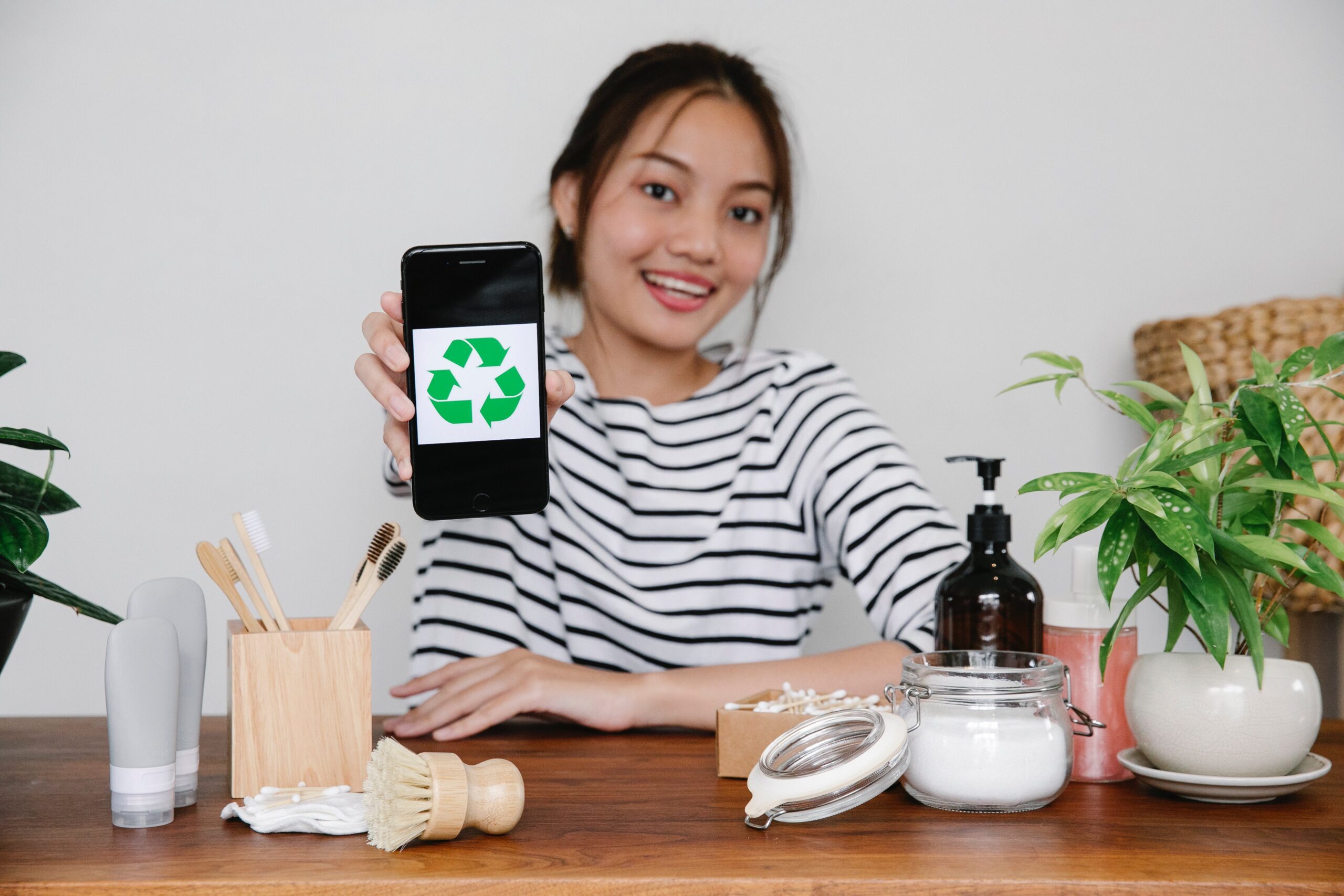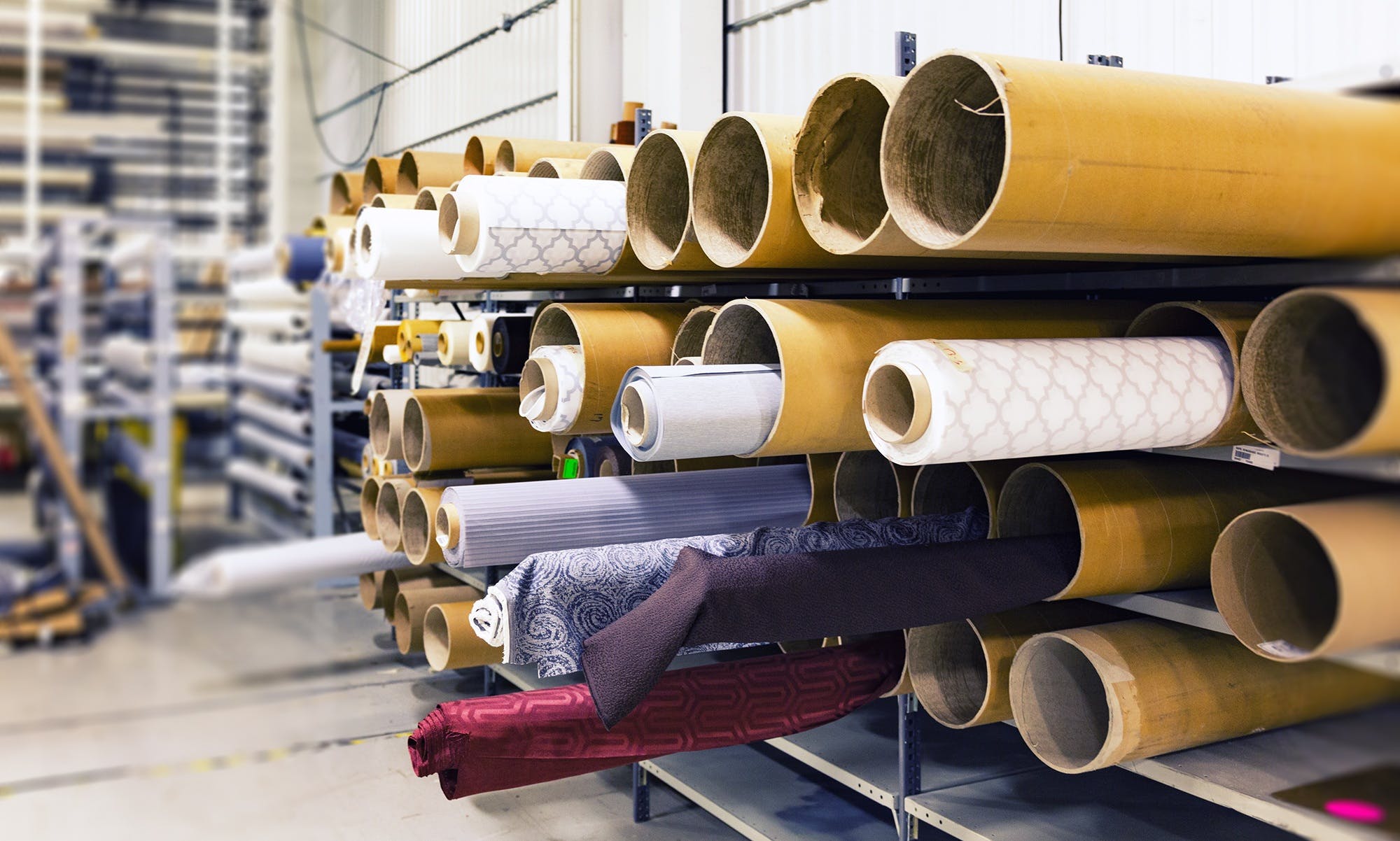
The rise of sustainability and eco-friendly culture has steadily risen in the last few decades, owing to greater awareness of the current climate crisis. Because of this, citizens like you and I are becoming more aware of how our everyday choices affect the environment. Some people are more careful with their recycling, some have changed their diets, and some have vowed to only shop secondhand.
However, with the rise in the public’s desire for “green” and sustainable products, some companies have decided to take advantage of people’s lack of awareness through greenwashing. According to the UN’s climate action website, greenwashing is a practice where brands and large companies purposefully deceive their consumers by making their items seem more eco-friendly than they actually are.
Luckily, we’re here to teach you three ways that you can avoid this trap and say goodbye to greenwashing!
Research and Verify Claims

Although anyone can put “eco-friendly,” or “organic” on their products, there are often third-party organisations that are dedicated to validating such claims. Examples of these organisations are the USDA, Fair Trade, and Leaping Bunny. You can often spot their logos on the product labels, so if you pick up an item off the aisle and it claims to be “cruelty-free” without any sort of logo, it’s best to put it down and look for an alternative option.
Aside from looking for product labels, you can also use websites and applications that can give you the rundown of how environmentally friendly and ethical a product is! Learn all about these apps and other research tools in our previous article here!
Examine the Product’s Life Cycle

To truly be sustainable and good for the environment, the entire life cycle of a product should be considered. Your faux leather jacket might seem better for the environment because it doesn’t harm animals, but if it’s made from non-organic materials like plastic, then it wouldn’t really be that much better either.
When examining a product, think of all the stages of its production. Where do the raw materials come from? Does the production process involve chemicals that are detrimental to the environment? What percentage of it is actually made from recycled materials? Sometimes, these details aren’t completely accessible. If you find it hard to verify these points, it is best to avoid such products.
Be Sceptical of Vague Claims

Buzzwords are a common way for brands to greenwash their items by preying on less vigilant consumers. Say you walk into a fast fashion brand’s boutique and you pick up a skirt. Its tag says that it’s 100% “green,” but when you check the tags, there are no details to verify the claim.
By using words like “green” or “all-natural,” brands can greenwash their items so that consumers will feel less guilty about buying their products. The truth is that many of these companies do not truly live up to their vague terminologies, but there is often no way to verify or debunk their claims. In these cases, it is best to avoid any products that use a buzzword if it is not a quality that you can quantifiably verify. It might also be a good idea to check the brand’s website to see how transparent they are with their environmental and ethical practices. If you want to learn more about what buzzwords stand for so that you can evaluate your purchases properly, read all about it here!
Conclusion
Although it’s a real shame that some brands would rather take advantage of people’s desire to help the environment, it’s important to remember that being keen and vigilant are crucial to making the best and most sustainable choices. Hopefully our tips can help you be more discerning on your next shopping trip or grocery run so that you can steer clear of any greenwashed products.
If you want to learn more about sustainable lifestyle choices and ethically produced goods, check out the rest of our blog here. And don’t forget to check out our official accounts on Facebook, Instagram, and YouTube for more RINGO-TEX and environment related news!





